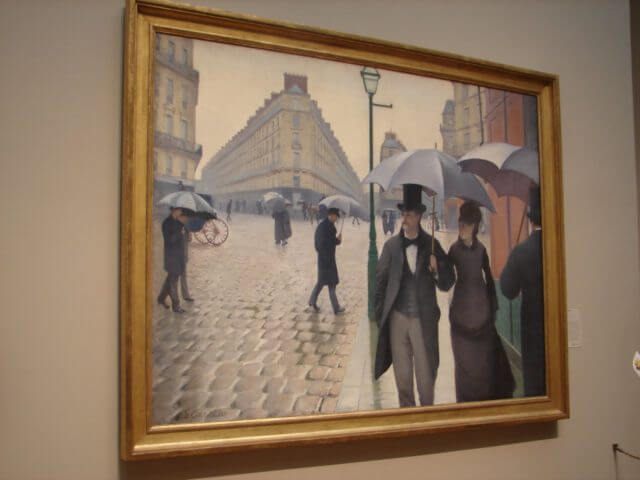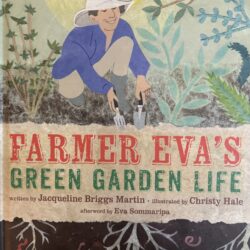The biggest “ramble” of my recent days was a trip to Chicago to attend the Associated Writing Programs conference last week and do a panel presentation with Phyllis Root, Franny Billingsley, and Christine Heppermann. We had a great time, thanks to a wonderful student from the Art Institute of Chicago, who–at the beginning of our session– volunteered to remove a nasty virus–picked up from the hotel internet — from my computer.
Our panel discussed the similarities between poetry and children’s books. Of course, it would have been better if you’d been there, but here’s a brief recap–Phyllis talked about the importance of choosing the right word; the importance of the sounds of words– both poetry and picture books are meant to be read and heard aloud; about the quality of sound–some are soft, gentle, others are hard-edged, startling. Christine reminded us all of the importance of leaving space in the poem or story for readers to do their own work of making meaning. Franny showed us with her wonderful PowerPoint of the necessity of concrete images, of a structure that carries its own meaning, and of the importance of knowing the characters we are writing about. I talked about using details to build a bridge into the poem or story.
Among the resource books we mentioned were:
A Poetry Handbook by Mary Oliver
Becoming a Writer by Dorothea Brand
Steering the Craft by Ursula Le Guin
I loved working with these three and am ready to take our presentation on the road.
And I was reminded to go back to Becoming a Writer. One little quote from page 38:
The author of genius does keep till his last breath the spontaneity, the ready sensitiveness, of a child, the ‘innocence of eye’ that means so much to the painter, the ability to respond freshly and quyickly to new scenes, and to old scenes as though they were new; to see traits and characteristics as though each were new-minted from the hand of God instead of sorting them quickly into dusty catergories and pigeon-holing them without wonder or surprise; to feel situations so immediately and keenly that the word ‘trite’ has hardly any meaning for him; and always to see ‘the correspondences between things’ of which Aristotle spoke two thousand years ago.
“We still and always want waking,” Annie Dillard said. Writing regularly is one way to train ourselves to notice more, to notice with fresh eyes, whatever our age. Time to get out the notebook.
Rambling back: as I was preparing for the AWP panel I spent some time thinking of the farmhouse that I grew up in and decided one possible writing exercise for one of those daily writing mornings would be to recall each room of that house, what I associate with each room–the sound, the smells, the temperature (our bedrooms were not heated). I don’t know why I haven’t thought of this before, but I’m looking forward to surprising myself.
Here’s to rambling. I hope yours are good ones this week.


